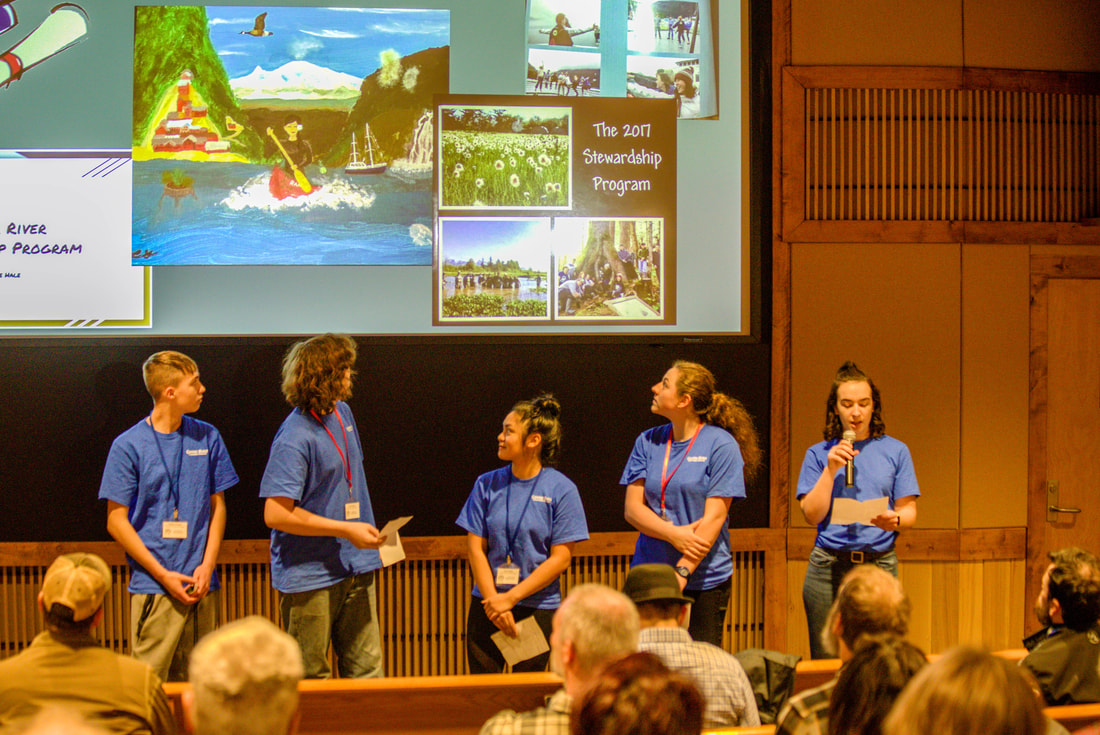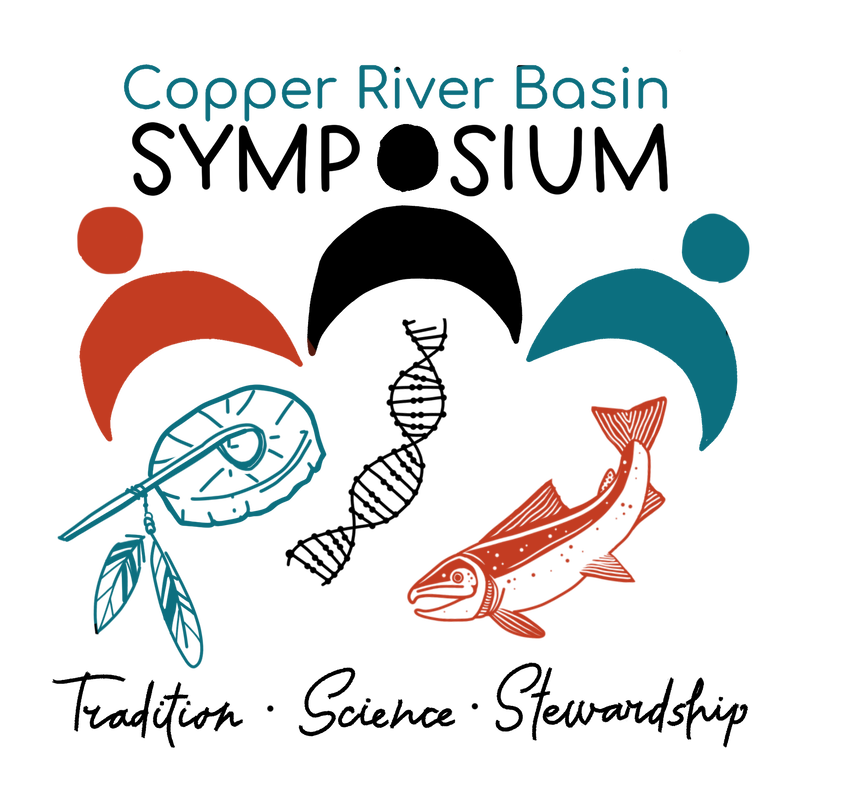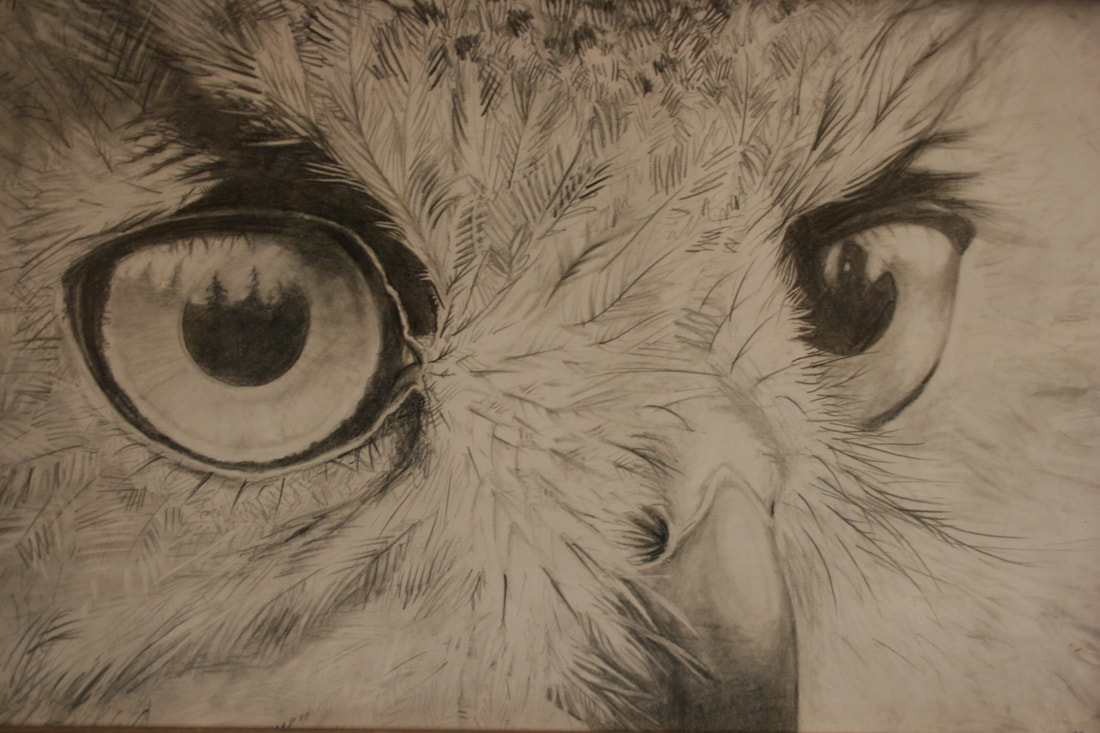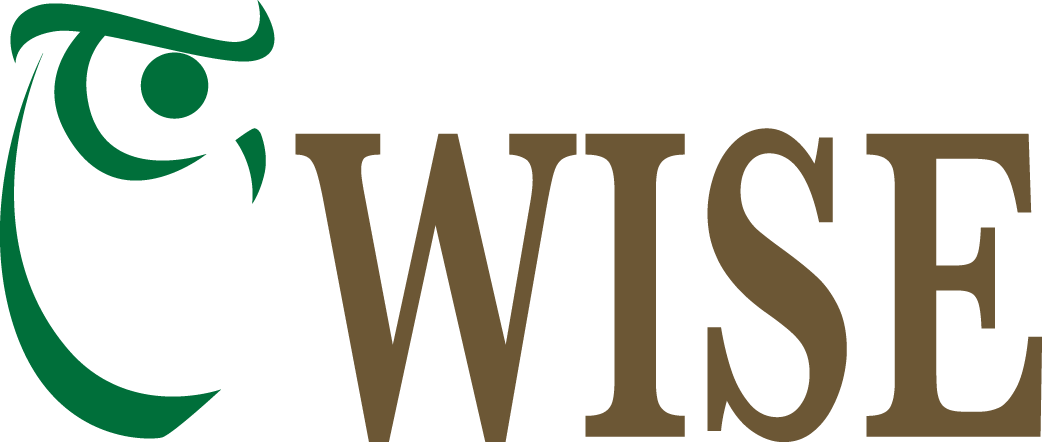|
Copper River Record February 27, 2020 By Robin Mayo A geologist, a biologist, and an archaeologist walk into a room….it sounds like the start of a joke, but it really happened last week at the inaugural Copper River Basin Symposium at Wrangell-St. Elias National Park and Preserve Visitor Center. And the results were inspiring! The theme of the symposium was Tradition, Science, and Stewardship. In this article I’ll mostly review the science aspect, and plan to address tradition and stewardship in the coming weeks. At many science symposiums, participants get together for big events like keynote speeches, but then have a choice of several different tracks. You have to make hard choices about which presentations to attend, and often end up learning mostly about your own discipline. This makes sense in some ways, but shortchanges the idea of thinking about our system as a whole. For the recent symposium, the time for each presenter was short, but everyone had the chance to see all of the speakers. The topics were very diverse, but were grouped into sessions, blocks of 2 or three presentations with a common theme. Themes included Climate Research and Modeling, Glaciers, Hydrology, Archaeology, Working with Indigenous Communities, Wildlife, Collaborative Conservation and Human Dimensions, and Fisheries. About 90 people total attended the symposium, some travelling from as far away as Texas and staying the entire time, as well as locals who stopped in for part of a day. Attendees ranged from experts in their fields, to Ahtna elders, to youth getting their first glimpse of some of the topics. From the start, it was evident that local science is already embracing a cross-discipline approach. Wrangell-St. Elias National Park and Preserve Archaeologist Lee Reininghaus presented on exciting finds of ancient campsites along the shores of ancient Lake Atna. To start looking for the sites, she consulted geologist Mike Loso, whose experienced eye helped pick out the remnants of shoreline now high in the hills. In a reciprocal benefit, carbon dating from campfire remnants can now help geologists. As Fisheries Biologist Matt Piche gave a talk on Native Village of Eyak’s chinook salmon tagging project in Baird Canyon, he mentioned that one of the benefits of the expensive study is that other studies can be added without incurring significant extra costs. In questions after the talks, and many informal conversations, ideas were sparked for more cooperation. What can biologists learn from the bone remnants found at archaeological sites? How can linguistic studies of place names help geologists learn about the formation of our landscape? How can a climatology study be used by fish biologists concerned about the effects of warming ocean waters? The possibilities are endless. One of the most fascinating topics for me was Geolinguistic Evidence of Dene Presence at High-Water Levels of Glacial Lake Ahtna by James Kari of University of Alaska Fairbanks. Full confession: I did not begin to really understand 90% of his information! Trying to condense years of research and insight into a 15 minute presentation is nearly impossible. However, the rich heritage of Ahtna names in our landscape, vividly descriptive words packed with meaning, was abundantly clear. This led to conversations about restoring traditional place names and being mindful of the ancient traditions that infuse our whole valley. Trenton Culp of Ahtna, Inc. and Dusin Carl of Ahtna Intertribal Resource Commission gave a talk titled Bear Density of the Tazlina River Drainage, on sampling the DNA of our local bear populations. In designing the study, they tested and rejected the idea of live trapping, settling on a method of collecting hair samples with barbed wire. As well as being far less invasive and much cheaper, this charmingly low-tech solution is also far less stressful on both bears and researchers. They have already collected DNA samples from far more bears than they initially expected, and will continue the study. I wish I had space and time to summarize every one of the amazing presentations at the Symposium. Words are also failing me in expressing the feeling of being in the same room with so much love for and knowledge about this place we call home. Thanks to the partners who made this event possible: Wrangell-St. Elias National Park and Preserve, Copper River Watershed Project, Alaska Department of Fish and Game, Ahtna Intertribal Resource Commission, Wrangell Mountains Center, Ahtna Heritage Foundation, and WISE. Thanks also to the sponsors who provided funds or in-kind support: Alyeska Pipeline Company Service, National Fish and Wildlife Foundation, Alaska Geographic, US Bureau of Land Management, and Ahtna Intertribal Resource Commission. Paul Boos Photo. Students from Copper River Stewardship Program presented “Adventures in the Watershed Classroom. L to R, Braden Beckett, Cordova, Arthur Bishop, Kenny Lake, Grace Reyes, Cordova, Josie Beauchamp, Slana, and Jesse Hale, Kenny Lake.
0 Comments
Copper River Record- January 30, 2020 By Robin Mayo Curious about the roles of tradition and science in the Copper River Basin? What can we do to become better stewards of this place? Or maybe your questions are more specific, like what is the meteorology of the debris-covered tongue of the Kennicott Glacier? How is language used to learn about the presence of the Dene people on the shores of Ancient Lake Atna? Or what is the preferred roost location for Little Brown Bats in the Copper Basin? All these questions and many more will be answered at the Copper River Basin Symposium: Tradition, Science, and Stewardship to be held at the Wrangell-St. Elias National Park Visitor Center February 18-19, 2020. This will be more than just a science symposium, we will also explore traditional ecological knowledge and nurturing a stewardship ethic. The conference is open to the public- you are invited to attend any of the sessions. A complementary lunch will be provided by Ahtna Intertribal Resource Commission, and breakfast and dinner will be available, but must be pre-purchased through the conference registration site by January 31. Anyone who wishes to attend is encouraged to register (no cost) at www.copperriver.org/copper-river-basin-symposium/ On Tuesday, February 18th, programming will begin at 8:30 am with the symposium opening, a visit from an Ahtna Elder, and a keynote address by Kathryn Martin, Senior Vice President at Ahtna Inc on the theme of tradition, science, and stewardship. Each presentation at the conference will be about 20 minutes long, with a few minutes for questions. On Tuesday, topics will include climate research and modeling, glaciers, hydrology, aquatic ecology, and ancient Lake Atna. At 4:45 there will be a poster session at the Ahtna Cultural Center with about 20 different presenters available to share their projects. On Tuesday Evening there will be a special presentation by William E. Simeone at Tazlina Hall at 7pm. He will speak on “A Convergence of Knowledge? Scientific and Ahtna Knowledge of Salmon Diversity in the Copper River.” On Wednesday, February 19th, the symposium will begin at 8:30am with the second Keynote address, by F. Stuart (Terry) Chapin, Professor Emeritus of Ecology at University of Alaska Fairbanks. He will speak on “Linking Indigenous and Western Science to Adapt to Climate Change.” Topics for Wednesday sessions will include a panel discussion on working with indigenous communities for scientific studies, wildlife research and management, collaborative conservation and the human dimensions of natural resource management, and fisheries. The day will finish with a symposium wrap-up at 4:30. On Thursday February 20th, a morning meeting will be held to synthesize salmon habitat topics from the symposium, and consider past and current research projects with the goal of identifying research gaps. This session will be held from 8:30 to 11:30 am at Tazlina Village Hall, and is open to the public. This symposium, the first of its kind for the Copper River Basin, is being organized by a group of partners including WISE, Copper River Watershed Project, Wrangell Mountains Center, Wrangell-St. Elias National Park, Alaska Department of Fish and Game, and Ahtna Intertribal Resource Commission. Funding or in-kind support is being provided by National Fish and Wildlife Foundation, Alyeska Pipeline Service Company, Wrangell-St. Elias National Park, and Ahtna Intertribal Resource Commission. For more information visit the Symposium web page at www.copperriver.org/copper-river-basin-symposium/ or call the WISE office, 822-3575 The Symposium logo was designed by Copper River Stewardship Program Alumni Lindsey Gordon and Elvie Underwood.
By Robin Mayo
The planning team for the Copper River Basin Symposium is excited to announce our second keynote speaker, Kathryn Martin of Mentasta. Kathryn will address our theme of Tradition, Science, and Stewardship from her unique perspective as a member of the ‘Ałts’e’tnaey (One Way People) clan, mother of six, and Senior Vice President at Ahtna Inc. Kathryn has been honored by Copper River Native Association, the Alaska Legislature, the Bureau of Land Management, and University of Alaska for her many achievements. The other keynote speaker will be Terry Chapin, ecologist and professor emeritus at University of Alaska Fairbanks. The Copper River Basin Symposium will be held February 18-19, 2020 at Wrangell-St. Elias National Park Visitor Center. The public will be invited to attend at no charge. Registration will open soon with the option to purchase a meal ticket. The team has also been sorting over 30 proposals for presentations, and putting together a program which will include about 25 short oral presentations, two panel discussions, keynote speeches, an evening talk, and a poster session. Topics include Geology, Wildlife Biology, Fisheries, Anthropology, Archaeology, and more. Youth from the Copper River Stewardship Program will give a special presentation. For more information, go to www.copperriver.org/copper-river-basin-symposium Copper River Record November 21, 2019 By Robin Mayo Mark your calendars for the first Copper River Basin Symposium, to be held February 18 &19, 2020 at Wrangell-St. Elias National Park Visitor Center. The event will showcase current scientific research and traditional knowledge of the region, with illustrated talks on a wide variety of topics, including archaeology, biology, and geology. There will also be panel discussions, a poster session, and a post-conference workshop on salmon habitat. The public will be welcome to attend. Mr. Terry Chapin, professor emeritus at University of Alaska Fairbanks and recent winner of the 2019 Volvo Environmental Prize, has already agreed to be one of the Keynote Speakers for the Symposium. Mr. Chapin has been a faculty member at UAF since 1973, and in 2001 founded a graduate program called the Resilience and Adaptation Program, which aims to train future scientists to take an interdisciplinary approach to studying climate change. His newest book, “ Grassroots Stewardship: Sustainability within our Reach,” will be released in early 2020. An additional keynote speaker, to be announced, will address the symposium with a focus on the Tradition aspect of the theme. The planning committee is currently sorting through over 30 proposals for presentations, and is excited in the interest the symposium is generating. Team members include Copper River Watershed Project, Wrangell Mountains Center, WISE, Wrangell-St. Elias National Park, Ahtna Intertribal Resource Commission, and Alaska Department of Fish and Game. Event sponsors so far include National Fish and Wildlife Federation, Alyeska Pipeline Service Company, and Ahtna Intertribal Resource Commission. The symposium logo was designed by area youth Lindsey Gordon and Elvie Underwood.
|
Who We AreWISEfriends are several writers connected with Wrangell Institute for Science and Environment, a nonprofit organization located in Alaska's Copper River Valley. Most of these articles originally appeared in our local newspaper, the Copper River Record. Archives
August 2021
Categories
All
|
|
WISE is a
501(c)3 nonprofit organization |
Contact Us |





 RSS Feed
RSS Feed
